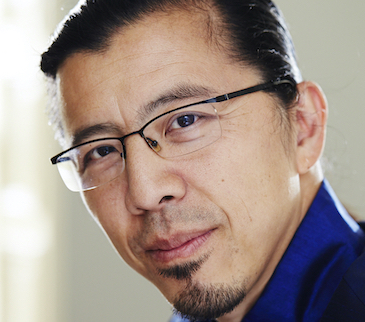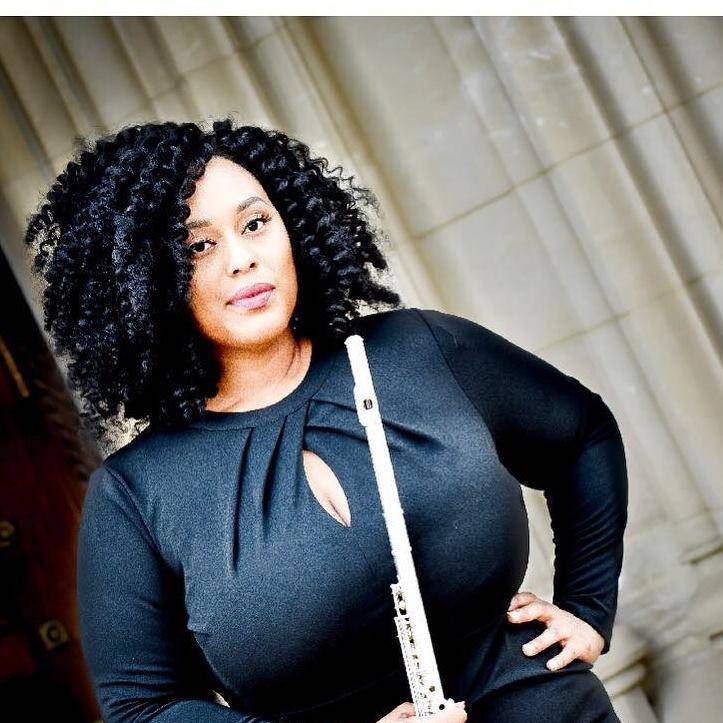Each audition you take offers an opportunity for learning and growth. While you do not have control over the outcome of an audition, you do have control over what you put into your preparation and then after an audition, what you do with the feedback you receive. We do not always receive comments from the committee but we can make note of what did and did not go well in an audition and strive to do better next time.
Get feedback from people who do not play your instrument:
Auditioning is a skill in itself and we must practice auditioning by doing mock auditions. The more mock auditions you take in preparation for the real event, the more comfortable you feel on audition day, and the more comfortable you feel on audition day, the better you’ll be able to communicate your musical ideas on stage. Mock auditions allow you to see how your body reacts to the stress of performing an audition and gives you opportunities to work on ways to ease nerves, to see if you’re musical ideas are actually coming across (sometimes we think they are but…they really aren’t), and to just practice running a list just like you would on audition day. Mock auditions can be set up for other people and/or for a recording device. Make sure that when you play mocks, you sometimes play for people that do not play your instrument. Most people on an audition committee do not play your instrument so what they listen for will be different than those who do.
Along with mock auditions, I recommend working on your mental game. The things you say to yourself in preparation and during the audition have a way to manifest in your playing. Learn your patterns. Do you engage in negative self-talk? When negative self-talk creeps in, have a way to stop those thoughts in their tracks and turn them into constructive, positive thoughts instead. Pump yourself up! You can do it.
My general orchestral audition advice is prepare yourself for the event in every way possible. Set yourself up for success by preparing mentally, physically, and emotionally. Keep your mind open, your ears open, don’t let your ego get in the way. Be willing to learn from each experience and be willing to adapt.
On Fitting into a New Orchestra
I am currently a fellow in the Pittsburgh Symphony’s Orchestral Training Program for African American Musicians. They contract me to play certain weeks. I’d played five or six weeks since the beginning of the season and before the Coronavirus hit. Within those weeks, we sometimes had multiple programs to perform. Initially, it was a shock for me to have to learn multiple programs in one week. I had to figure out a way to learn all of the music at a high level and be prepared for each rehearsal. When preparing the music for each program, I look at each piece and try to find the trickiest spots and/or things that I’ve never played before. I spend a lot of time listening to recordings and following along with my part. When I hear something that sounds difficult or is very exposed, I make a note to practice that first.
Soft playing is crucial in an ensemble:
It is important to be flexible in adjusting to the ensemble and section that you’re playing with.
Listening to the principal players and matching their sound, vibrato, and style is imperative. I’ve found that working on soft playing is crucial especially as an orchestral musician. For many of us, soft playing is a weakness. My biggest tip to improve your soft playing is to become extremely aware of the quality of your sound, its intonation, and the overtones in your sound. I recommend developing listening skills in the ensemble and working with drones in your practice. When practicing scales, set the drone on the tonic and sometimes change it up and practice with the drone on the third, the fifth. Do this at all dynamic levels and with varying vibrato speeds. All of this practice with intonation and sound quality helps me smoothly integrate my sound into the orchestra.
Aside from developing ensemble playing skills and being absolutely prepared for each service, interpersonal skills are also very important when fitting into a new orchestra. Be friendly, cooperative, and flexible in your musical approaches. Be a good colleague.
Check out another article below on how to prepare for orchestral auditions.
A New Practice Method: Mock Auditions and Overall Assessment
#practicing

Shantanique Moore
Flutist Shantanique Moore is the eighth recipient of a fellowship from the Pittsburgh Symphony's EQT Orchestra Training Program for African American Musicians (OTPAAM). Ms. Moore is an accomplished freelance musician and flute instructor. She has performed with the Detroit Symphony Orchestra, the Toledo Symphony, and the Fort Wayne Philharmonic, among others.
Shantanique won First Prize in the 2016 Ervin Monroe Young Artist Competition. In 2012, Shantanique won the Wayne State Concerto Competition and in 2013, the Southern Great Lakes Concerto Competition. She has had the privilege of being invited as guest soloist on numerous occasions with ensembles such as the Birmingham Concert Band and Thurston High School's Honors Band, to name a few. During her studies at Wayne State University, she was awarded several musicianship and academic awards.
Her primary teachers are Sharon Sparrow, Laura Larson, and Carrie Wiesinger. She has played in Masterclasses for Mark Sparks, Robert Aitken, William Bennett, and Amy Porter.



Comments are closed.